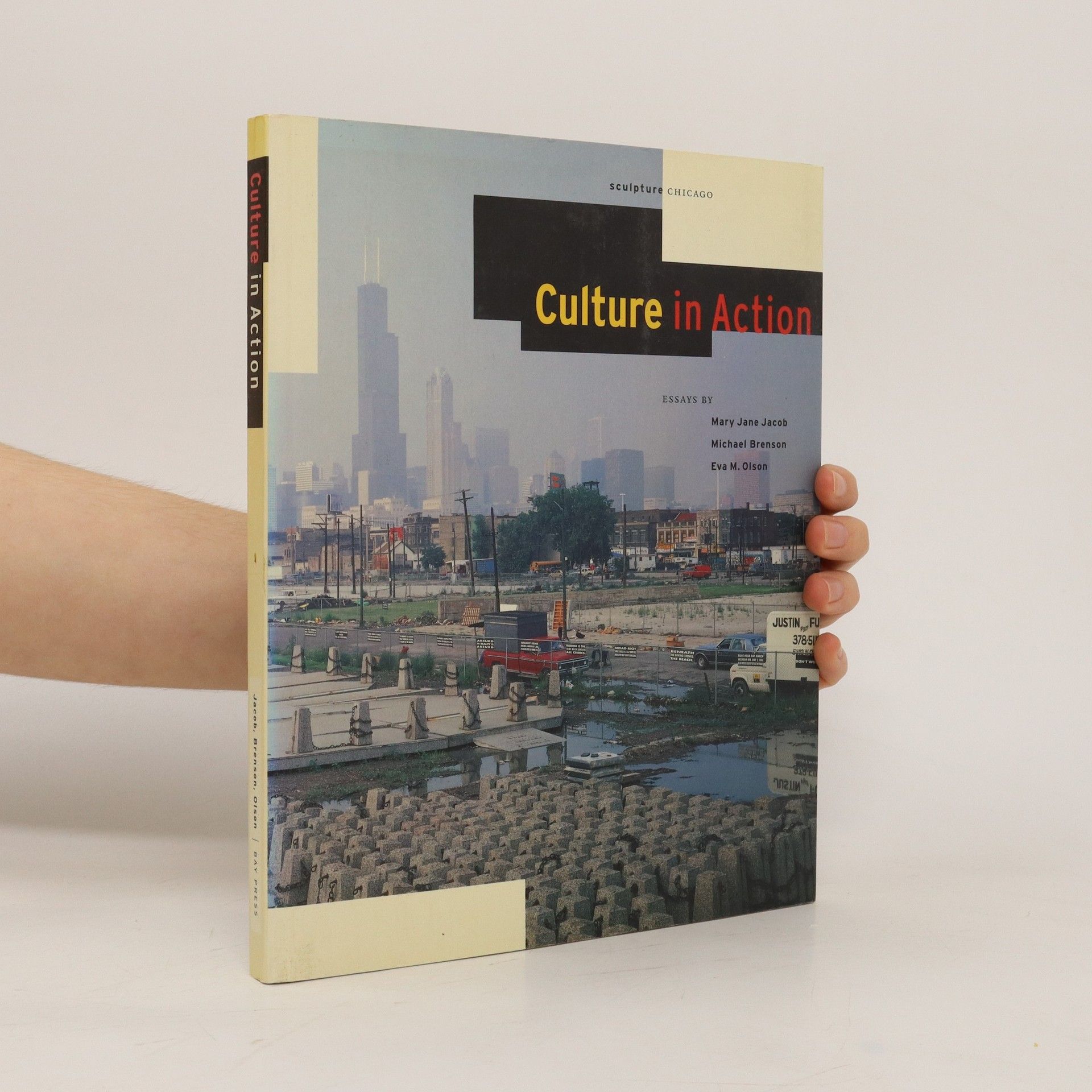Henri Cartier-Bresson (1908-2004) studied painting before taking up photography in his early twenties. This title includes selections from his photographs of France, Spain, America, India, Russia, Mexico and pre- revolutionary China.
Michael Brenson Livres


Culture in Action
- 144pages
- 6 heures de lecture
Describes and illustrates the innovative process of public dialogue and involvement that underlay eight works of public art in Chicago, in a project organized by Mary Jane Jacob. Among the works are a multi-neighborhood parade, a community storefront hydroponic garden for HIV/AIDS patients, a new line of candy produced with members of a candy-making union, and a video installation by teenagers from the tough West Town neighborhood. No index or bibliography. Published by Bay West, 115 West Denny Way, Seattle, WA 98119-4205. Annotation copyright Book News, Inc. Portland, Or.